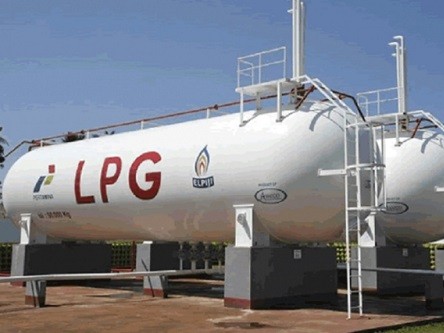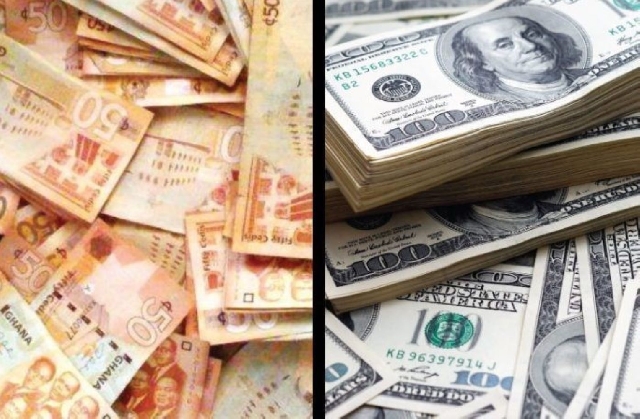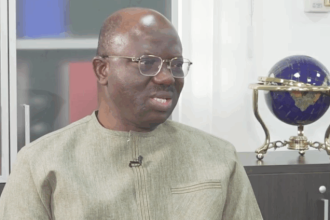Bank of Ghana’s Monetary Policy Committee has increased the Monetary Policy Rate by 250 basis points to 27 percent.

This implies that borrowing from banks will become more expensive, which will impact the cost of living and doing business in the country.
Following the increase in the policy rate, consumer spending is expected to decline.
This is the fifth consecutive hike this year in order to curb strong inflation pressures and support the cedi, which depreciated by 54% against the dollar in November this year.
Policymakers said that the inflation forecast shows that headline inflation will likely peak in the first quarter of 2023 and settle at around 25% by the end of 2023.
“This forecast is conditioned on the continued maintenance of a tight monetary policy stance and the deployment of tools to contain excess liquidity in the economy. There are, however, some risks to this forecast that would have to be monitored, including additional pressures from the proposed VAT increase and exchange rate pressures,” Dr Ernest Addison, Governor of the Bank of Ghana, stated.
“Continued vigilance to the evolution of these potential price pressures in the outlook will be key. The Committee is of the view that significant upside risks to the inflation outlook remain. To continue to anchor inflation expectations, the Committee, therefore, decided to increase the policy rate by 250 basis points to 27.0 per cent,” he said.
















